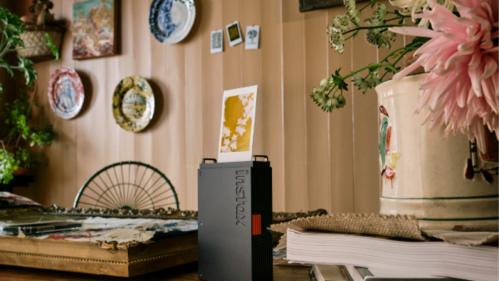There are lots of ways you can ensure to reduce your caffeine intake during pregnancy; here are a few helpful tips:
- It’s worth bearing in mind that tea also contains caffeine with around 80mg of caffeine per mug so it’s not advisable to consume more than two cups of tea per day.
- You can reduce the caffeine in your tea by brewing it for a shorter time. If you usually enjoy a strong cup of tea, try instead steeping your tea bag for just one minute instead of five. This will reduce the caffeine content by as much as half.
- Try switching from brewed coffee to instant as it’s slightly lower in caffeine. Make it weaker by adding only half a teaspoon of coffee.
- An easy alternative to your coffee or tea habit is to switch to de-caf. You might not relish the first cup or two but we guarantee you’ll get the hang of it!
- It’s also important to remember that a can of regular cola contains approximately 50mg of caffeine so it may be worth drinking a caffeine free mineral if you fancy a treat.
- If you have a chocolate craving, opt for milk chocolate instead of dark chocolate. A small bar of dark chocolate can contain 50mg of caffeine while a milk chocolate bar of the same size, contains only 25mg of caffeine.






